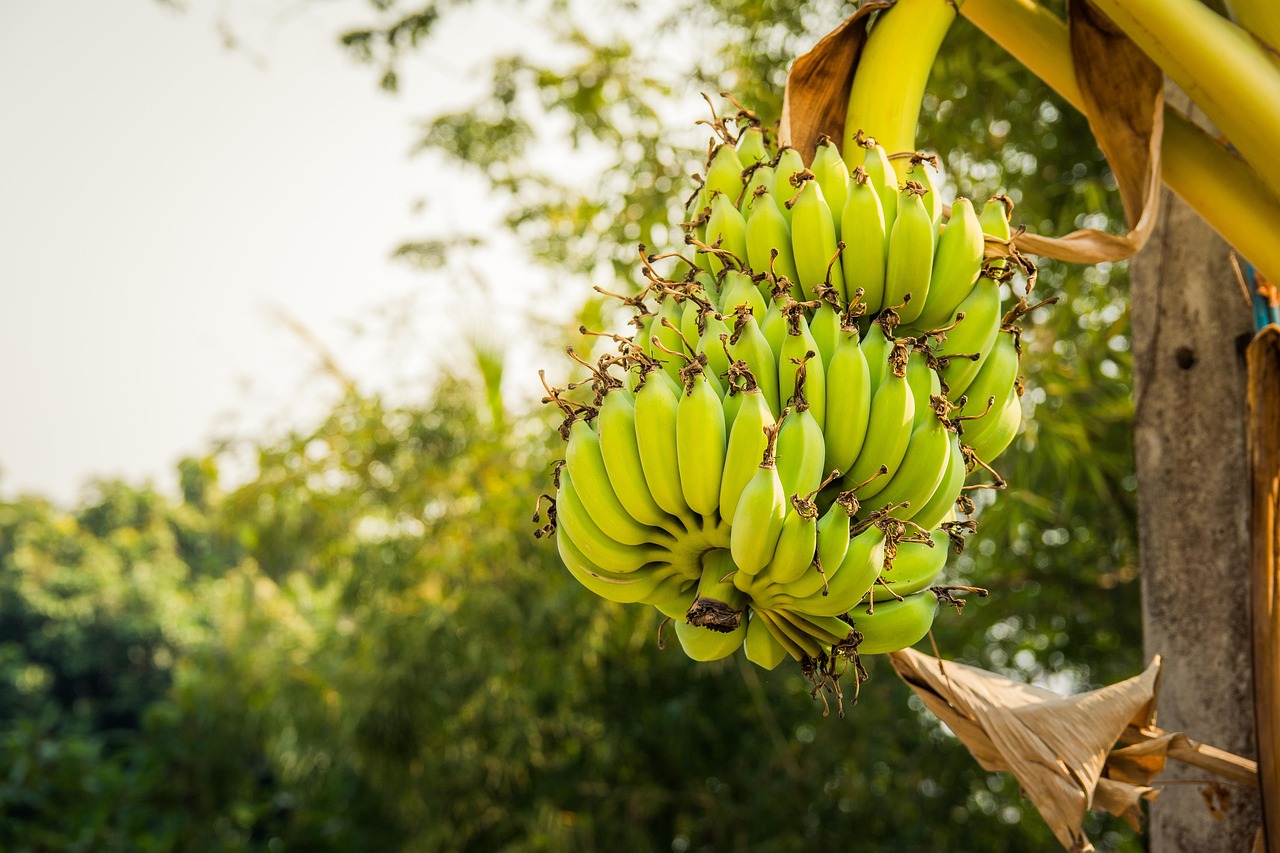Plucking is simply the removal of anything. We mostly use plucking for fruits or flowers. Plucking is generally considered a simple and easy task for human beings, but the thing that is being plucked behaves differently after plucking. Plucking is also accompanied by different reactions, like plucking a flower with a thorn. Whenever you pluck anything, there will be a reaction based on the present situation of the thing being plucked. Just like buying a jacket in summer and wearing a warm one under the scorching sun. This will have severe consequences for us, including reactions in the body.
We will take fruits as an example for plucking. Let’s talk about bananas. While discussing the best practices to pluck (harvest) bananas, the agriculturist usually considers different influencing factors in mind. These may include: the distance of bananas from the place where it is plucked (harvested) to the market, the packaging availability, and the transport facility. They may consider many other factors too, but we are taking banana plucking as a metaphor to explain a social situation, so we will just consider the general ones.
Naturally, humans have a mindset that they want immediate results and sometimes take action either before the right time or after the appropriate time. These actions are linked with consequences. If the time duration between plucking and the consumer’s table is approximately 7 days, we usually pluck bananas at a mature green stage and then store them at 13 -15°C. There are some other treatments to extend its shelf life, depending on the duration.
Now, do you think, plucking bananas at a mature green stage and storing at the above temperature is suitable or justifiable if the time duration between the day of plucking and the final customer is zero or 35 days? Every sensible mind will say “No”.
In this example, try to identify the ultimate goal. The ultimate goal is to make sure the bananas are on the customer’s table with maximum ripening efficiency.
Just shift your focus. Consider any student living in a country where there is no law and order, where there is a huge difference between what is being taught and what is being delivered in a practical society. Students’ age is very sensitive to happenings, and many students find it difficult to admit things that are going against those things that they are being taught.
Usually, schools teach students to focus on learning rather than cramming, but the common practice in exams is that good scores are only achievable if you have the proper cramming ability, which means you can exactly write the answers on paper as written in books. Now, students who become victims of such cramming practices mostly have a rebellious feeling of just plucking such a system and planting a new one.
Now, if a student has such thinking, what is his ultimate goal? The ultimate goal will be to establish a well-organized educational system with a proper vision of understanding.
Now, rewind the banana example. The ultimate goal was not only ripening. The ultimate goal was to make sure “the consumer has the efficient ripened banana well in time”. Similarly, in students’ case, they usually become victims of this misconception that the ultimate goal is to just pluck this system from its root and get it replaced immediately. Although their ultimate goal should be to stay in the system as long as they don’t have enough power to pluck such an educational system. If the ultimate goal of a banana was just to ripen, then it would be done just with the exposure of the banana to ethylene gas, and it would ripen in a matter of a few hours.
So, here many students struggle. They start standing against the educational system, not preparing for exams according to the already practiced system. What are the results? They become victims of early reactions. Such reactions lead to poor marks in exams, leading to limited opportunities for the future.
Limited opportunities keep such talented minds away from the power positions where implementation usually takes place, where people have the authority to design or change anything.
The students are young and reactive minds with a minimum capacity to understand the long-term consequences, but teachers must play a crucial role here. The students must be provided with enough guidance and counseled to have the ability to foresee the future, just like the farmer who knows the ultimate goal.
Such early-age rebellions have resulted in the loss of many intelligent minds leading to a significant decline and look, still, we have the same educational system.
The final outline is, we must acknowledge “that plucking has a proper time depending on the final outcome”.
Till the next discussion, please stay with us. If you have any questions, please drop your message via the “Contact Us” form.



